This work is a socio-linguistic study of a locally devised language called Arabi-Malayalam of Mappila Muslims of Kerala, which is on the verge of extinction. Besides covering many interesting linguistic issues, this work documents a vast array of oral and written traditions in this language. There are a number of rituals, life-cycle events and performative occasions in which the oral literary tradition in Arabi-Malayalam finds its expression. One of the major concerns of this work is to analyze the pragmatic working of language and literary genre adjusted structurally to such occasions.
The development of literature in Arabi-Malayalam reflects a trade and faith-induced cosmopolitanism with its effects spread across far-flung regions like Southern Yemen, East Africa and South East Asia. This work is, therefore, an attempt to reposition the history of Arabi-Malayalam with a thoughtful consideration of movements of peoples, cultures and goods across boundaries of space and culture.
Within the realm of ‘secular-national’ literature there was a pronounced skepticism towards Arabi-Malayalam literary works which have often been seen associated with the less prestigious genre of ‘religious literature’ or ‘vernacular community literature’. This work also makes an enquiry into why Arab- Malayalam literature was gingerly accepted or held out at an arm’s length by the literary theorists.

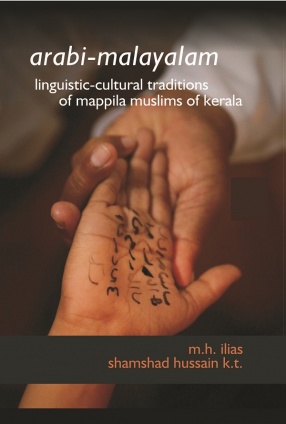
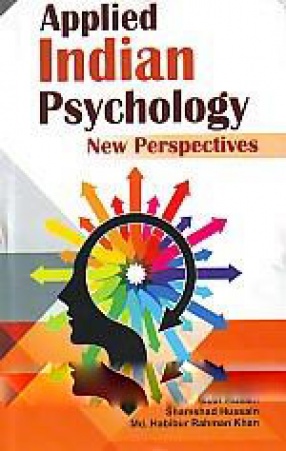
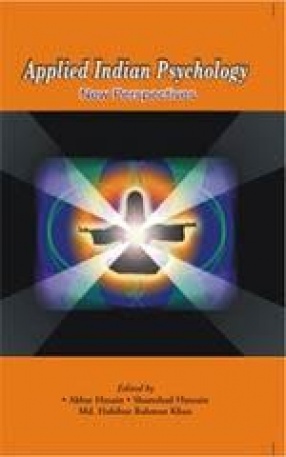

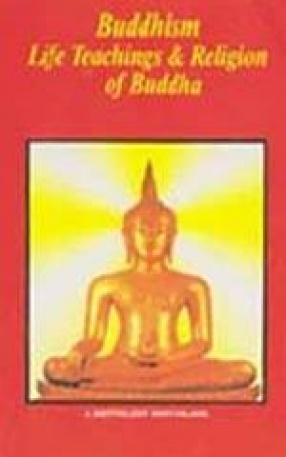
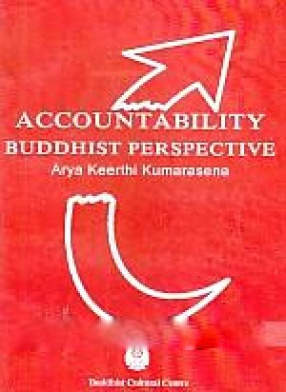
There are no reviews yet.